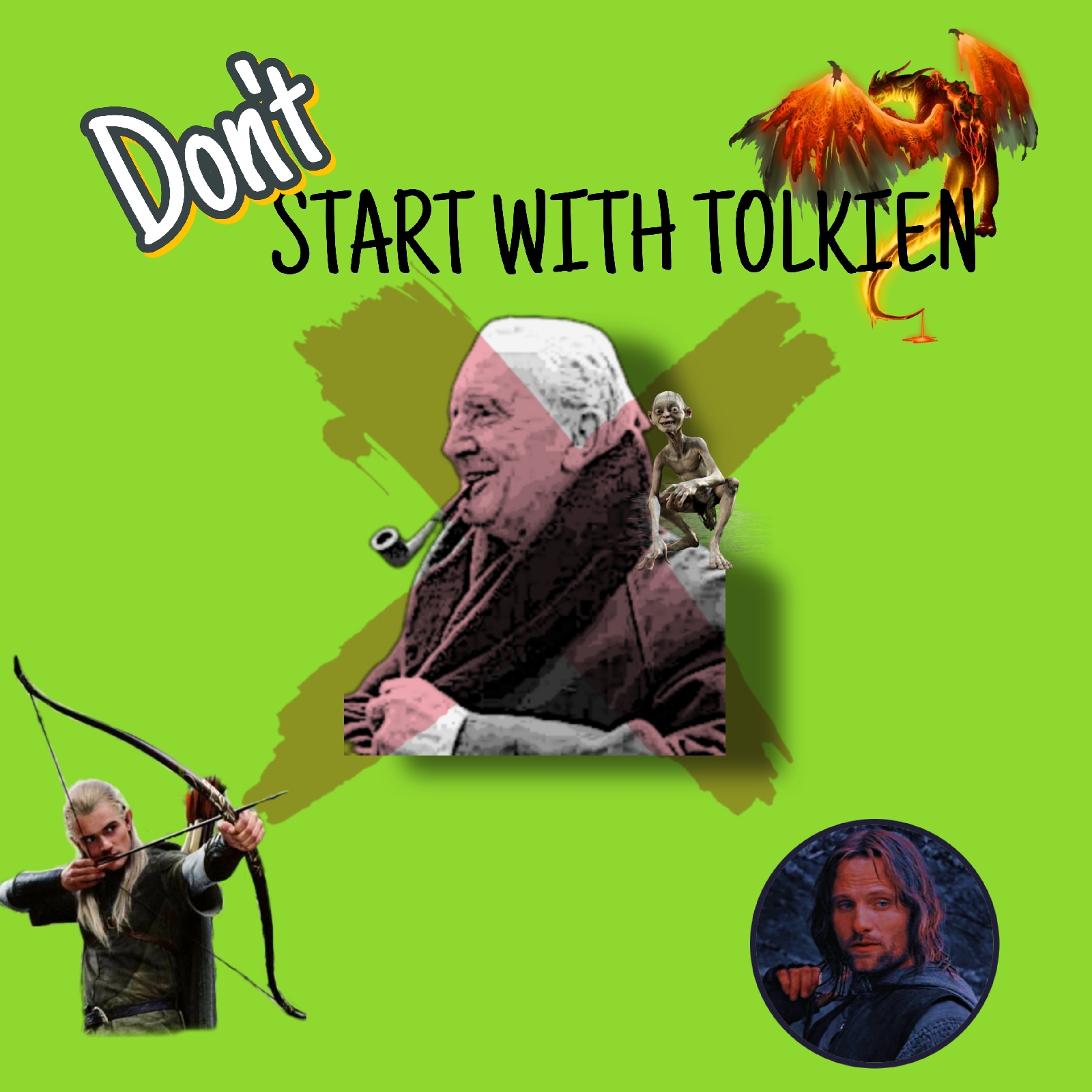The Hellborn king
Review
The Hellborn King
By
Christopher Benning
After the massacre of
his people, Damien Dreadfire leads a patchwork army of unlikely allies
against the Kingdom of Betanthia. The alliance teeters on the edge of a
knife, as old rivalries between clans threatens to tear it apart. With
the help of his trusted friend, Einarr, and a strange mystic, Damien
launches a bold offensive that will decide the future of the free lands.
Short on time, and even shorter on men, the fate of a once vibrant
culture and its people rests on the outcome of the next battle.
Meanwhile,
Betanthia's crown prince, Gareth Bethard, faces dangers of his own.
With his family coming apart at the seams and a growing conspiracy
afoot, he tries desperately to hold everything together. Even as Gareth
grapples with inner demons, he must learn to take up his father's mantle
as the protector of civilization and defeat Damien's invading horde.
It's only the fate of a thousand-year dynasty resting on his shoulders,
after all.
The End of all things is the final clang of the doom bell in Christopher Brenning’s The Hellborn King, a dark tale of intrigue, vengeance, and war.
The story begins with the bloody annihilation of force of soldiers sent to investigate a local disturbance. In amongst the soldiers is the son of a commander of the King of Betathia’s Army, Alfrid Valens. With a foreboding of the events to come, Alfrid is brutally murdered by the behemoth warrior, Damian Dreadfire, the leader of the collected Northern tribes, whose obsession is to bring down what he sees as the despotic rule over the North by Betanthia, and gain vengeance for the haunting atrocity of war in a place called Borjifa.
The story is set two main settings, the rulers of Betanthia, a family that is coming apart at the seams through the alcoholism of the King, and the in fighting between the siblings. Then moving the focus of the story to the barbarian hordes and their conquest of the Betanthian held North in retaliation for the events at Borjifa.
The book is set out in a multi-point of view, with different characters having individual storylines, which successfully converges at the end, with each character having different experiences and adding to the story in different ways. This multi-faceted approach to the story works well as it gives epic proportions to the story and also shows us different parts off the world in which the story is set.
There are numerous characters in the book, each with their own character arc. The standout ones are Gareth, Einor & Madeline. However, interestingly, we never get the point of view of the main antagonist of the story Damian Dreadfire, and he is usually portrayed through the eyes of other characters and how they perceive him.
Now on the whole (and I don’t say this in a bad way), I have to say that I wasn’t actually that fond of many of the characters in the book, and I think that this is a testament to Christopher Brenning’s writing in that he does not give excuses for the decisions that the characters make. The Royal Family on the whole infuriated me, particularly with their ineffectual handling of any situation (although, I did empathise with Charlotte and the impossible situation that she is in). The father is a horrid drunkard who has succumbed to his weakness (although, we can see the reasons for his deterioration and the fact that he is using alcohol as a crutch), and with his vitriolic view of his family has virtually led to its implosion. The children equally are spoilt and spiteful, continuously bickering with each other, adding to the tension
Similarly, within the barbarian camp, I wasn’t all that fond of many characters in there. Yes, it is not all black and white and there are a multitude of greys. In this camp, Einar is the one that stands out as the moral compass of the Northern Tribes, and he is the one that I could emapthise with the most as he tries to guide Damian and uphold the duty that he has sworn to.
The other storyline, Madeline, I didn’t initially warm to until the second half of the book really. However, when certain events play out midway through, her character does become more grounded, and I did end up liking her.
For me, this shows that there is a strength in Christopher Brenning’s writing skills in that he can keep me engaged with the story, regardless of me not liking the characters.
The story itself is quite bleak in its execution, and I must highlight that there are some scenes that people may not be comfortable with. However, this is dealt with quite sensitively and for the most part happens off the page and there are no graphic scenes in that respect.
At times, I felt that on occasion plot overshadowed the pacing and there were some parts of the book where I felt that it lost its momentum. However, this was not a detriment to the book as a whole as I continued to be engaged with the story.
In terms of world building, the multi point of view gives plenty of opportunity to show expansive elements of the world in which the story is set and is a good device to show the sweeping vistas of the world that is encapsulated in the book.
On the whole I enjoyed this darkly powerful epic fantasy revolving around a family imploding, vengeance and obsession.








Comments
Post a Comment